Scientists discover a glowing nursery in the deep sea
The find, made by a team from Fisheries and Oceans Canada, has stunned researchers and rewritten assumptions about where life can thrive. These eggs belong to the Pacific white skate—a rare, deep-sea relative of sharks known for its pale, ghostly color and large, bug-like eyes.
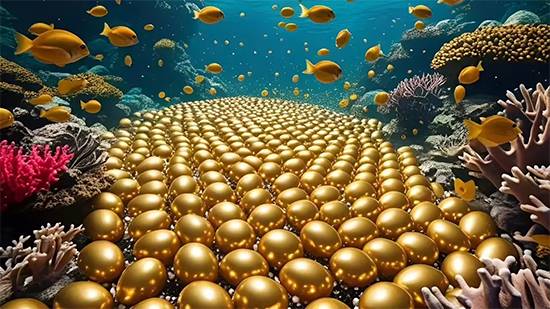
The research team, led by marine biologist Cherisse Du Preez, made the discovery during one of the first-ever dives to the site. What they found was a thriving nursery nestled in geothermal warmth—something completely unexpected in such frigid depths. “The whole thing is wild,” Du Preez told USA TODAY. “It challenges what we consider possible for life on this planet.”
The volcano, previously thought to be dormant, was found to be active, releasing hot mineral-rich fluids into the surrounding water. This unique environment creates a warm oasis that has become the perfect incubator for marine life. Scientists estimate that this hidden nursery may hold as many as 2.6 million golden eggs, each taking up to a decade to hatch.
A new kind of life hotspot beneath the waves
Until recently, the deep waters off Canada’s Pacific coast were believed to be too cold and inhospitable to support large nurseries. But the newly discovered geothermal site has changed that view completely. The Pacific white skate, which can live nearly two miles below the surface, appears to rely on the volcano’s heat for survival.
The heat from the volcanic vents speeds up the incubation process, helping embryos develop faster than they would in the surrounding icy water. According to Du Preez, the skates deliberately lay their eggs near these hot spots to give their offspring a better chance at life. “The deep sea is cold, and heat helps,” she explained. “To grow big, strong animals, some warmth helps.”
This discovery mirrors other examples of life flourishing in extreme environments, such as hydrothermal vent communities teeming with tube worms and shrimp. It highlights how adaptable and resilient marine species can be—even in regions once considered uninhabitable.
The long wait: ten years for a single hatchling
One of the most fascinating aspects of the Pacific white skate is its extraordinarily long incubation period. Researchers estimate that each egg may take up to ten years to hatch. That’s one of the longest known developmental periods among any marine species.
These “golden eggs,” as scientists call them, are actually leathery pouches known as mermaid’s purses. Inside each one grows a single embryo, nourished by a yolk sac and protected by the warm environment created by the volcanic vents. The eggs’ striking golden hue comes from their mineral coating, illuminated by the lights of remotely operated submersibles.
Filming this process was another first for scientists. Using robotic cameras, Du Preez’s team recorded a female skate in the act of laying her eggs—a rare and mesmerizing event. “It’s out of this world,” she said. “But at the same time, over 90% of the livable space on our planet is the deep sea.”
Why this discovery matters for marine science
The finding offers more than just a glimpse into the secret life of a little-known deep-sea species. It could transform our understanding of how marine animals adapt to extreme conditions. The volcanic nursery shows that geothermal energy plays a vital role in sustaining biodiversity at great depths.
Researchers hope that studying the Pacific white skate’s reproductive strategy will help conservation efforts, particularly as deep-sea ecosystems face growing threats from climate change and deep-sea mining. Protecting these hidden habitats is essential to preserving species that may hold the key to understanding life’s adaptability on Earth—and potentially on other planets.
The discovery also underscores how much of the ocean remains unexplored. Despite decades of marine research, scientists estimate that less than 25% of the seafloor has been mapped in detail. Each new expedition reveals just how much more there is to learn beneath the waves.
A glowing reminder of life’s resilience
The millions of golden eggs resting near Canada’s underwater volcano are a vivid reminder of nature’s ability to adapt and thrive in even the harshest environments. What began as a routine scientific dive has turned into one of the most remarkable deep-sea discoveries of the decade.
As research continues, scientists hope to uncover more about how the Pacific white skate uses geothermal heat to nurture its young—and what other surprises might be hidden in the world’s cold, dark depths. For now, the glowing nursery beneath the waves stands as a stunning testament to the resilience and mystery of life on Earth.

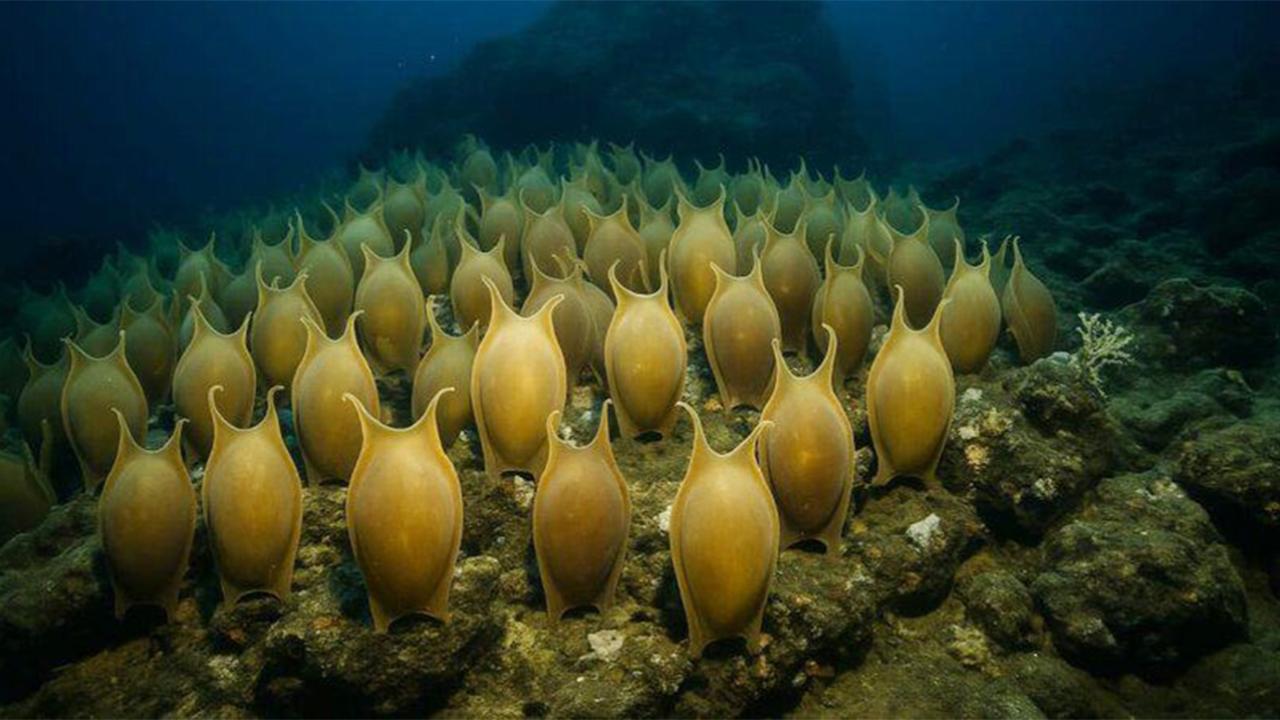
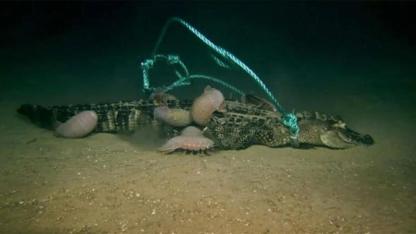
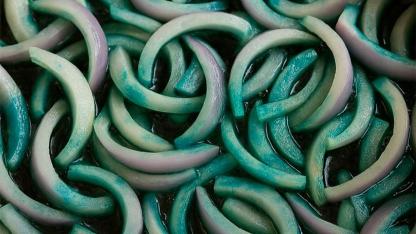
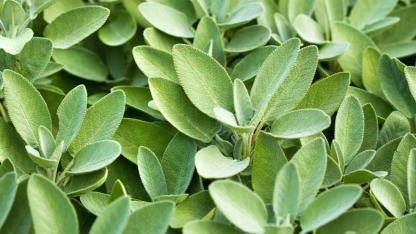



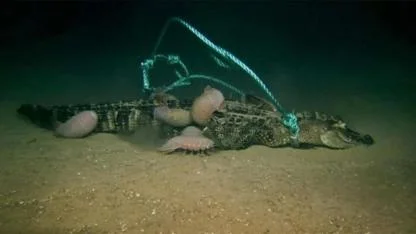
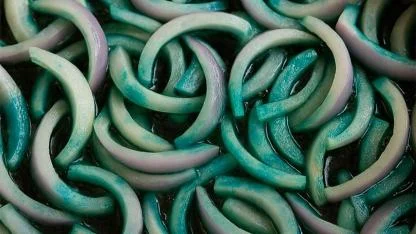
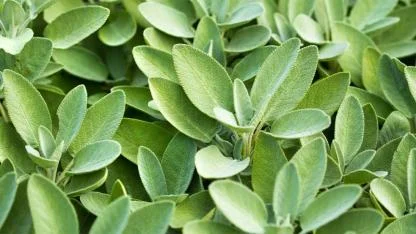
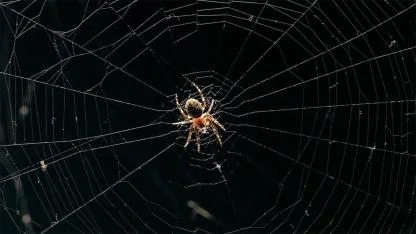
Yorumlar
Kalan Karakter: